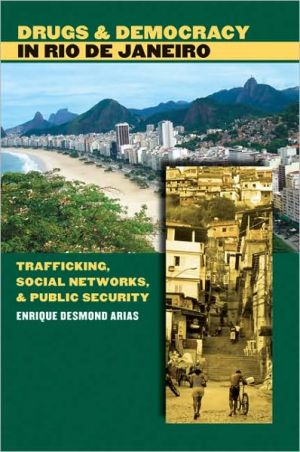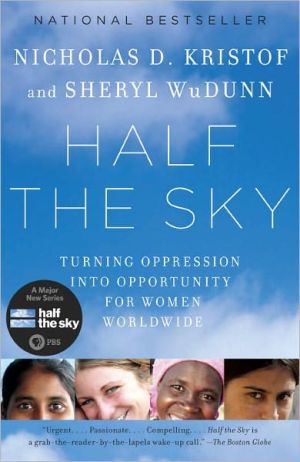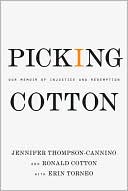Drugs and Democracy in Rio de Janeiro: Trafficking, Social Networks, and Public Security
Taking an ethnographic approach to understanding urban violence, Enrique Desmond Arias examines the ongoing problems of crime and police corruption that have led to widespread misery and human rights violations in many of Latin America's new democracies. Employing participant observation and interview research in three favelas (shantytowns) in Rio de Janeiro over a nine-year period, Arias closely considers the social interactions and criminal networks that are at the heart of the challenges...
Search in google:
Based on ethnographic work in three favelas (shantytowns) over the past ten years, this analysis considers the harmful effects of illegal drug trafficking and associated violence on crime control, governance, and, ultimately, democratization in Brazil. Much of the violence is the result of highly organized, politically connected drug dealers, feeding off of the global cocaine market. Rising crime prompts repressive police tactics, corruption runs deep in state structures, the rich move to walled communities and the poor are caught between criminals and corrupt officials. Arias argues that institutional public policy is not enough to change the circumstances—the challenge is to build new social networks committed to controlling violence locally. He suggests this method could apply to cities elsewhere in Brazil and throughout the rest of Latin America.
\ From the Publisher"A remarkably-researched political ethnography of social violence in the hyper-violent drug-infested world of Brazilian favelas. . . . Intrepid and sophisticated."\ — Qualitative Sociology\ "Accessibly written and tightly argued, this book should reorient social science and policy debates on its topic, and will find wide adoption across a range of courses."\ — CHOICE\ "Arias is to be applauded for his courageous and sustained research in very difficult locations, and for his evident humanity and concern for the residents of the favelas."\ — British Journal of Criminology\ "This book is a major contribution to the scholarly discussion on urban violence in Latin America."\ — Latin Americanist\ "A refreshing antidote to the earnest but misleading dichotomies of much official discourse. . . . Arias adds a distinctive voice . . . in terms of his subject matter, theoretical perspective, and methods. . . . This voice will become increasingly valuable."\ — The Journal of Latin American Studies\ \ \








